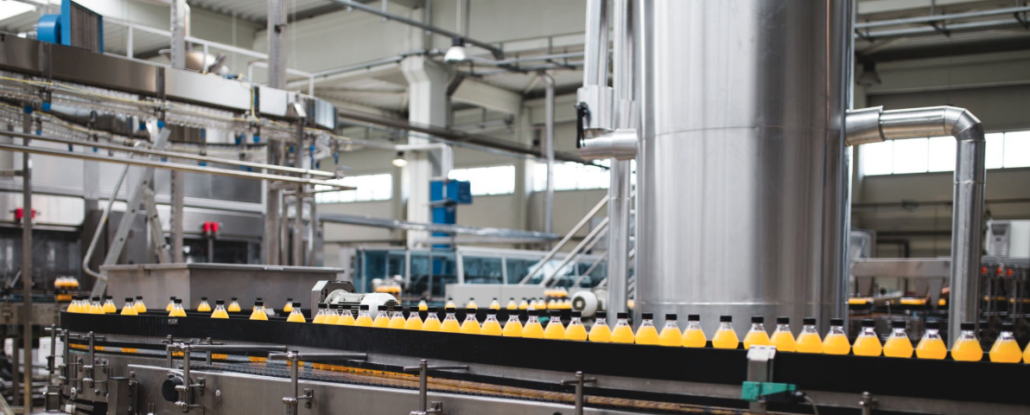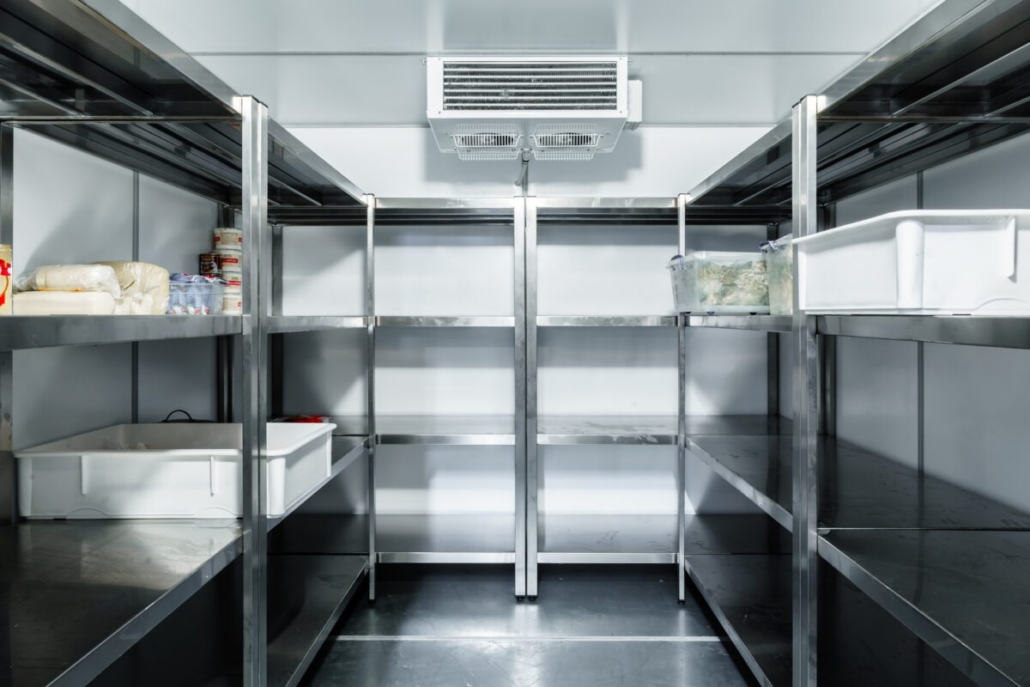Energy Consumption in Food Manufacturing
The Role of Energy Consumption in Food Manufacturing
The food processing industry relies heavily on energy for heating, cooling, and electricity as our food moves through the supply chain, consuming around 30% of the world’s available energy. This article delves into the role of energy consumption in food manufacturing and offers some modern-day energy-saving technologies to address the situation.
“The current energy consumption in agri-food systems is unsustainable in the long term. The food industry is currently consuming 30% of the world’s available energy, with more than 70% occurring beyond the farm gate, and produces over 20% of the world’s greenhouse gas emissions (around 31% if land-use change is included).” Source Food and Agriculture of the United Nations.
Food production requires significant energy, primarily sourced from fossil fuels, which significantly contributes to Greenhouse gas emissions.
The food processing industry in the UK is the largest single manufacturing sector and the fourth largest industrial energy user.

Greenhouse Gas Emissions and Climate Change
The 2008 Climate Act committed the UK to reducing its greenhouse gas emissions by 80% by 2050 compared to 1990 levels. In June 2019, this was strengthened, committing the UK to bring all greenhouse gas emissions to net zero by 2050.
Energy consumption in food manufacturing significantly contributes to greenhouse gas emissions and climate change. Burning fossil fuels releases carbon dioxide (CO2) and other greenhouse gases into the atmosphere. These gases trap heat, leading to global warming and climate change.
Food manufacturers can mitigate the impact of greenhouse gas emissions by adopting energy-efficient technologies, investing in renewable energy sources, and implementing carbon reduction strategies. These actions will help to reduce the industry’s carbon footprint.
To combat environmental pollution and create a more sustainable food sector, we must explore how energy usage during food manufacturing can be reduced.
Water Usage and Pollution
Energy consumption in food manufacturing significantly impacts water usage and pollution. Water is essential for various processes in the industry, including cleaning, cooking, and ingredient preparation. However, excessive water use and inefficient water management practices can lead to water scarcity and pollution.
Food manufacturing often requires large amounts of water, particularly for cleaning and sanitation. Inadequate water conservation practices can result in excessive water consumption and strain local water resources. Moreover, the improper disposal of wastewater can lead to water pollution, contaminating rivers, lakes, and groundwater sources.
Food manufacturers can implement water-saving measures to address these issues, such as recycling and reusing water, optimising cleaning processes, and investing in water-efficient technologies. Proper wastewater treatment and disposal systems can also help minimise water pollution and protect the environment.

Waste Generation and Management
Energy consumption in food manufacturing is also closely linked to waste generation and management. The production and processing of food often result in the generation of various types of waste, including organic waste, packaging materials, and by-products.
Improper waste management practices can have adverse environmental impacts. Organic waste, if not correctly handled, can release methane, a potent greenhouse gas, during decomposition. Packaging materials like plastics contribute to pollution and threaten ecosystems and wildlife. By-products, such as food scraps and manufacturing residues, can also lead to pollution if not managed effectively.
Food manufacturers can adopt waste reduction strategies to address these challenges, such as implementing recycling programs, reducing packaging waste, and finding alternative uses for by-products. Implementing efficient waste management systems, including composting and anaerobic digestion, can help minimise the environmental impact of waste generated in the food manufacturing industry.
Refrigeration
The high energy demand in food manufacturing is mainly due to the need for food preservation, packaging, and transportation.
These processes often involve refrigeration, which requires a substantial amount of energy. This reliance on energy-intensive processes in food manufacturing contributes significantly to the industry’s overall environmental impact.
Refrigeration plays a vital role in ensuring food safety in the food industry. By keeping food at low temperatures, refrigeration helps to prevent the growth of harmful bacteria and other microorganisms that can cause foodborne illnesses It slows down the spoilage rate, preserving food products’ quality, freshness, and shelf life.
Refrigeration is also essential for the efficient distribution of food products, allowing the safe transportation and storage of perishable goods over long distances without compromising freshness and quality.
Efficient distribution facilitated by refrigeration also helps to reduce food waste and minimise the risk of product recalls due to spoilage or contamination. It allows for a smooth and reliable supply chain, ensuring consumers can access fresh, high-quality food products.
However, refrigeration on a large scale does come at a financial cost to food manufacturers and our environment.

Sustainable Practices in Energy Consumption
Food producers can minimise their energy wastage during production and the manufacturing process by investing in energy-efficient technologies and equipment, including energy-efficient lighting, motors, and heating and cooling systems.
Furthermore, food manufacturers can explore renewable energy sources, such as solar and wind power, to meet their energy needs.
Investing in renewable energy infrastructure reduces greenhouse gas emissions, helps diversify the energy mix, and enhances energy security.
Additionally, implementing energy management systems and conducting regular energy audits can help identify areas for improvement and optimise energy usage.
By adopting sustainable energy-consumption practices, food manufacturers can significantly reduce their environmental footprint, contribute to a more sustainable future, and help the UK achieve its 2050 net-zero targets.
Harvey & Brockless, renowned producers and distributors of speciality foods, have taken steps towards a more sustainable future and adopted new energy-saving technology, enPact, to help reduce carbon emissions and costs.
Developed by Emissis, enPac is a ground-breaking energy-saving technology that can reduce kWh consumption by up to 40%, making it ideal for food producers that rely on AC and refrigeration equipment as part of their manufacturing process.
If you want to find out how Emissis can help you reduce your energy consumption and costs, please get in touch.




